Renewables developers must work with communities if they want social licence, says energy infrastructure tsar
New energy infrastructure commissioner Tony Mahar knows all about community unrest in renewables hotspots. What will he do about it?
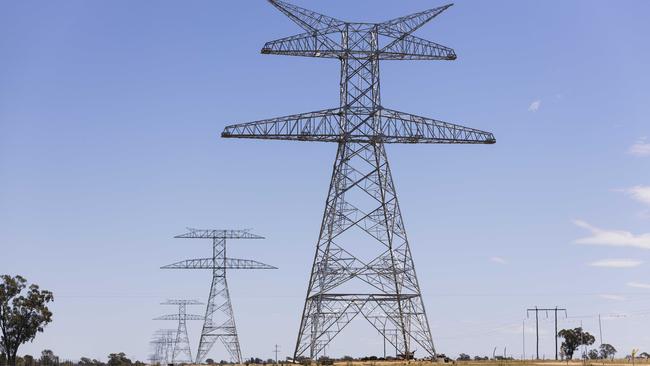
Rural and regional Australians worried over the construction of huge wind farms and high voltage transmission lines have real concerns that must be listened to and the rollout has to be fair and transparent, the nation’s new energy infrastructure tsar warns.
In his first comments since starting in the Australian Energy Infrastructure Commissioner role days before Christmas, Tony Mahar said energy developers had to work on their consultation with communities if they wished to gain social licence for their projects.
Mr Mahar, a former National Farmers Federation chief executive, has seen first-hand the angst in some communities dealing with the renewables revolution sweeping regional areas. “The concerns are real and I think things do need to get better; there is a lot to improve on,’’ he said.
“My role is about getting that balance right between the community and industry in terms of recognition and respect for each party’s roles and responsibilities.
“It’s got to be a collaboration and it’s got to be fair, it’s got to be equitable, it’s got to be transparent.”
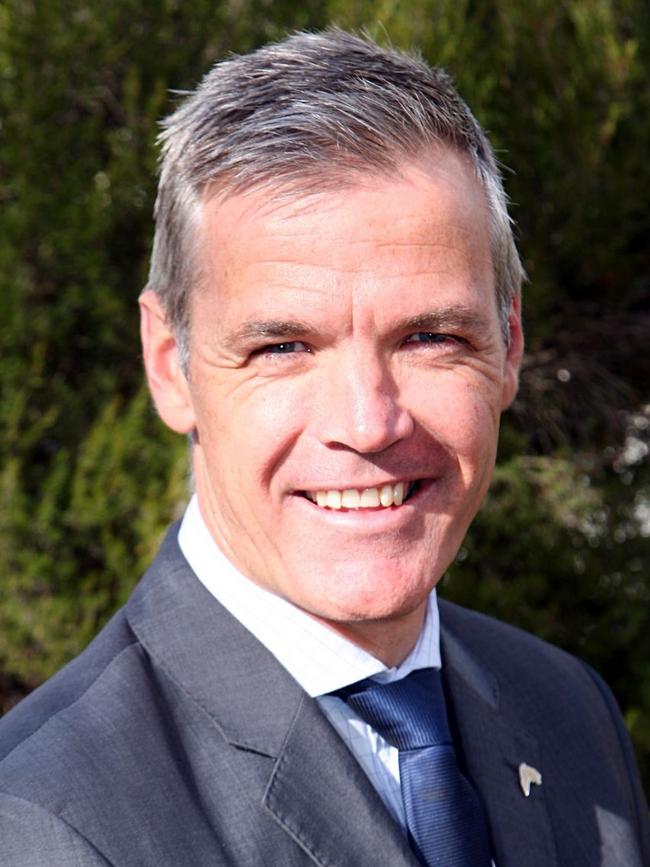
Mr Mahar said he was committed to implementing recommendations stemming from a major community engagement review undertaken by his predecessor but would not be drawn on whether the Albanese government was moving too slowly on the report.
The Dyer review was handed to Energy Minister Chris Bowen in December 2023 and publicly released in February 2024.
The government embraced the report and accepted, in-principle, all nine recommendations but more than a year on it’s not clear that any of the major recommendations, which involve state and local governments, have been implemented.
The report by Andrew Dyer, who retired from the role earlier this year, found deep community dissatisfaction with the way developers were engaging with communities, where many felt they were carrying the burden of the rush to replace coal-fired generation with solar, wind, battery and new transmission infrastructure.
He said poor engagement had led to a material distrust of project developers, in particular developers of long-distance transmission projects and companies prospecting along proposed routes.
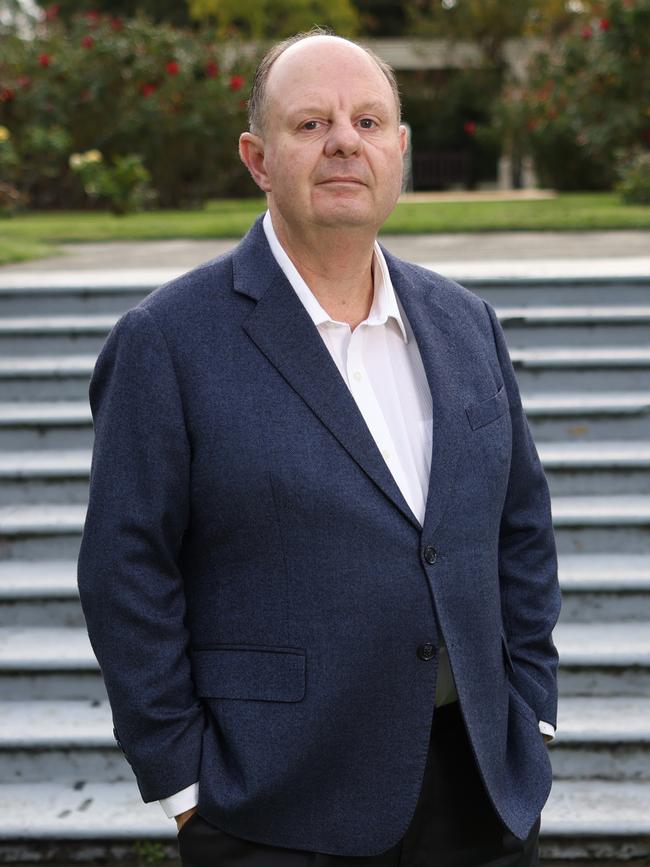
Mr Dyer recommended a voluntary developer rating system be established to help weed out the cowboys.
The federal government has set up a stakeholder reference group to look at the matter.
Mr Dyer also urged greater government controls to ensure that the right projects were built in the right places, urging the states to seize control of the process guided by well-formulated generation grid plans and proper community consultation.
He said the current random system was unnecessarily creating uncertainty, anxiety and consultation fatigue in communities forced to host new projects.
Alongside Mr Bowen at a press conference to release the report last February, Mr Dyer urged action. “Like a boomerang that always returns if you throw it properly, this report and its recommendations now rest on timely implementation and execution,” he said. “This will require strong ongoing support and leadership.’’
Mr Mahar, in his role at the NFF, was at that conference. “The report confirms what has been a breathtakingly poor reflection on the intersection between agriculture and renewable energy,” he said at the time. “What we need is to make sure government does implement these recommendations.”
In his new role, Mr Mahar said he was aware work was happening on the recommendations and his role would be to help with the implementation. “It’s pretty clear in terms of the issues that need to be addressed,” he said. “That will be my focus: to try to make sure those things happen and that there’s a balance between rural and regional communities and the energy market and state and commonwealth governments.’’



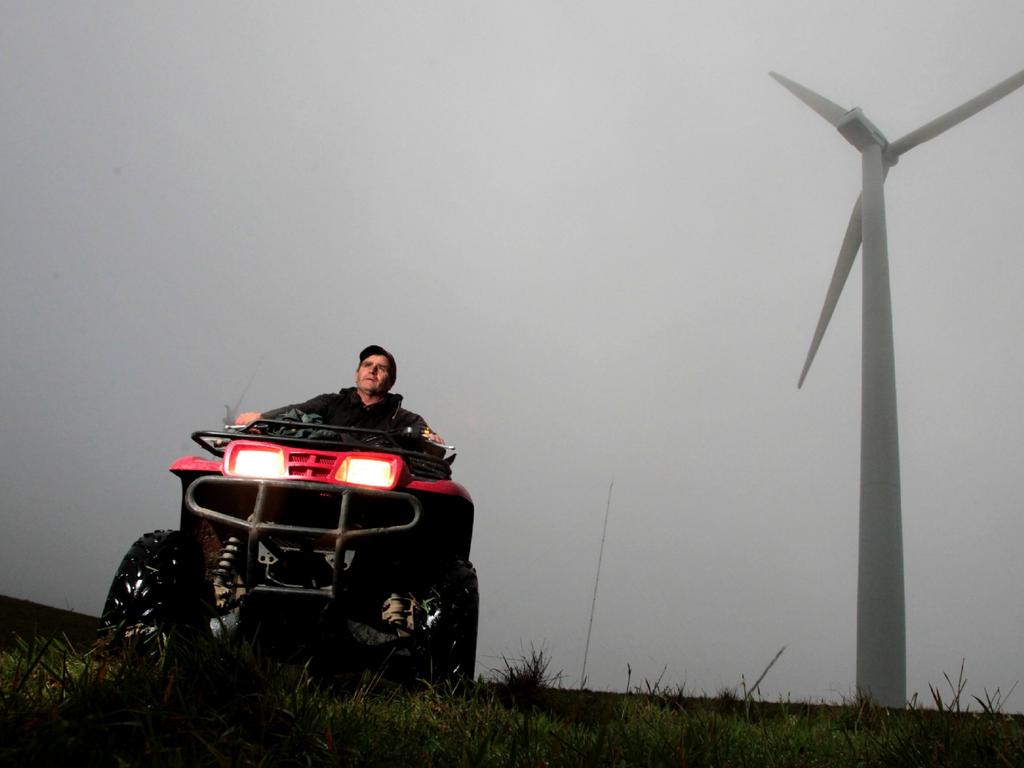
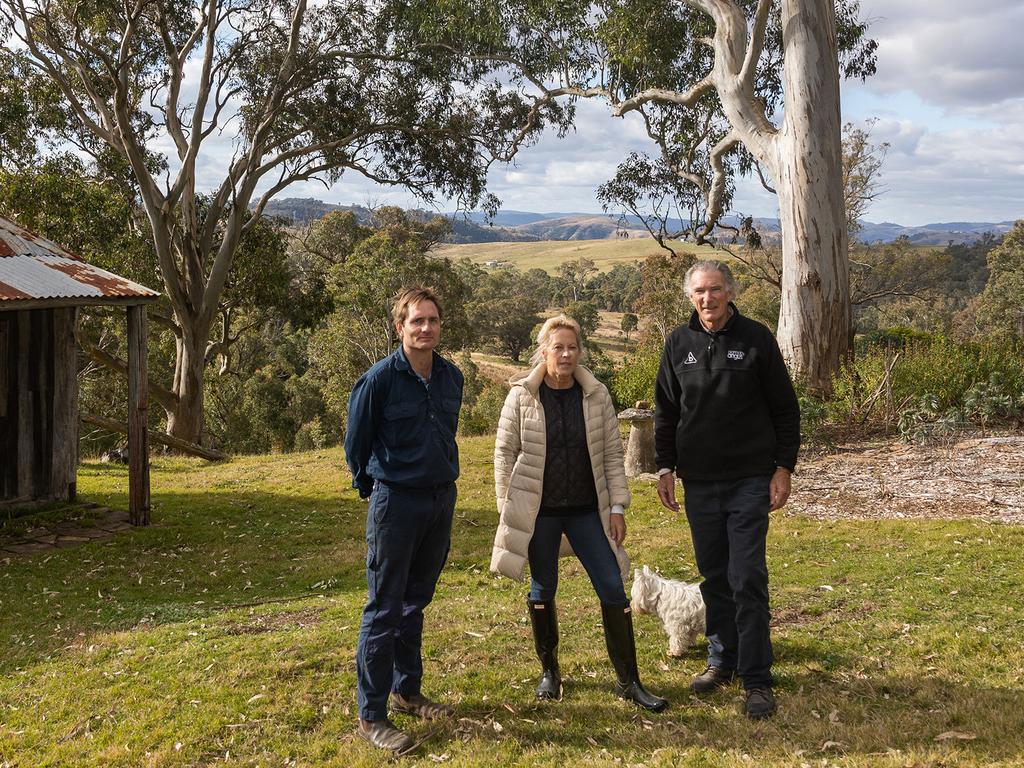



To join the conversation, please log in. Don't have an account? Register
Join the conversation, you are commenting as Logout